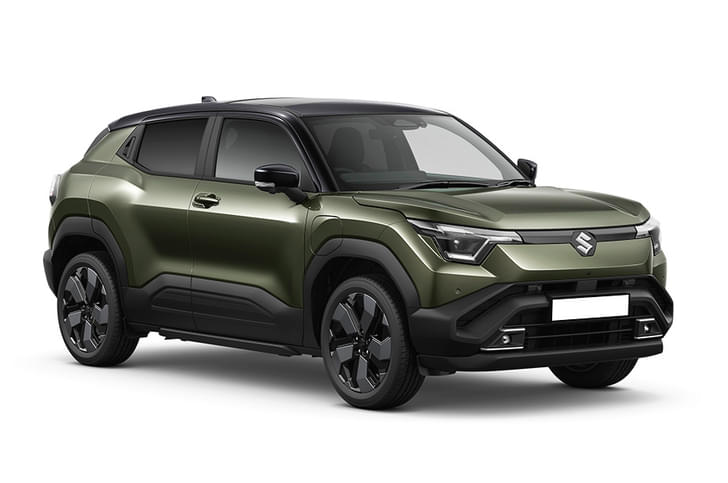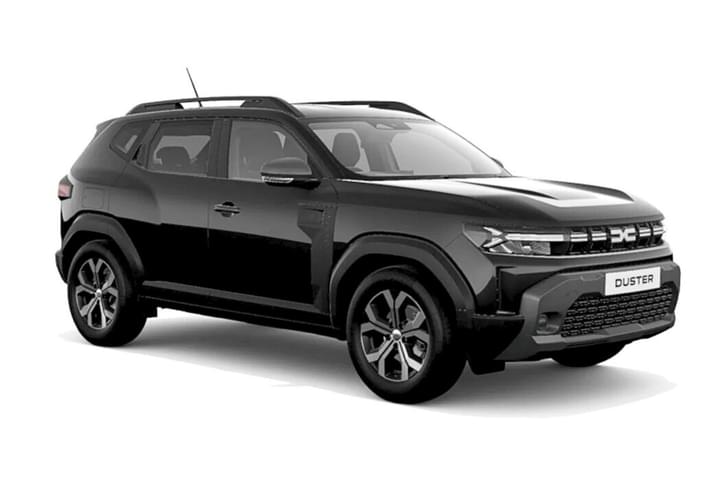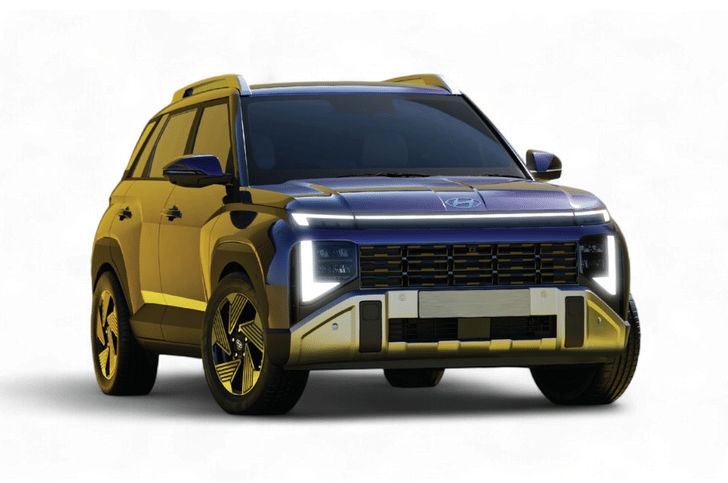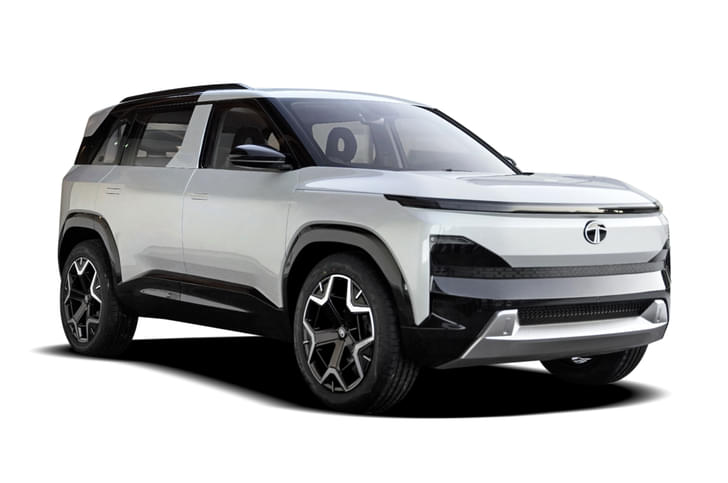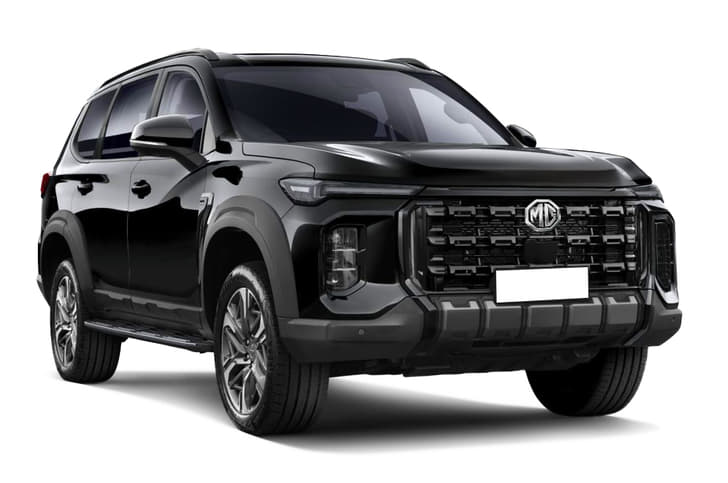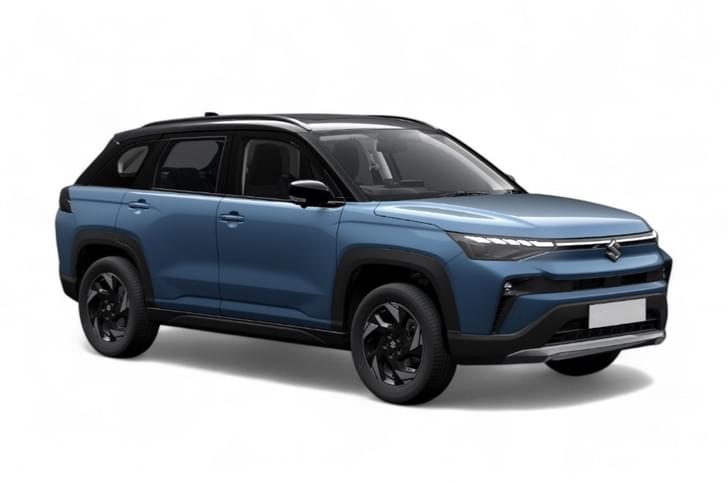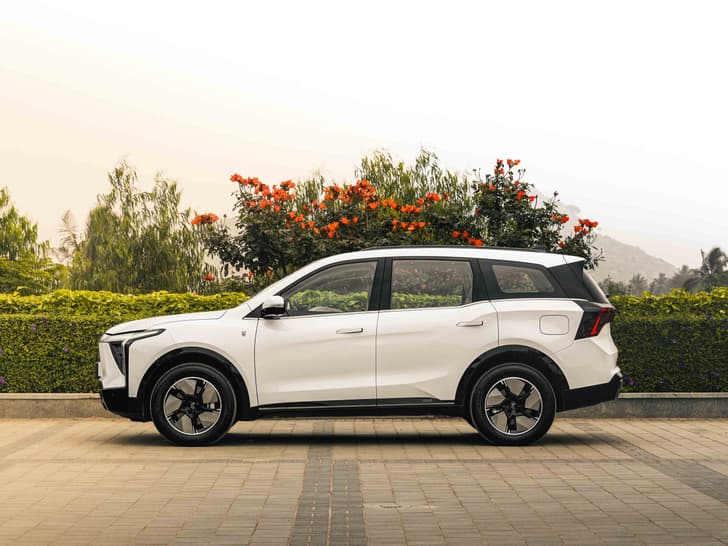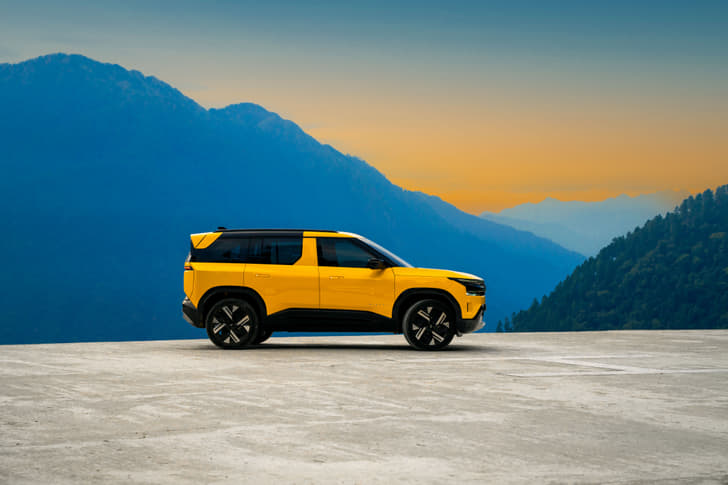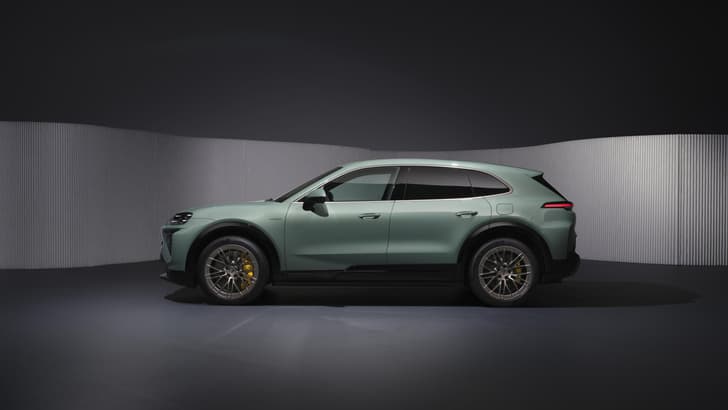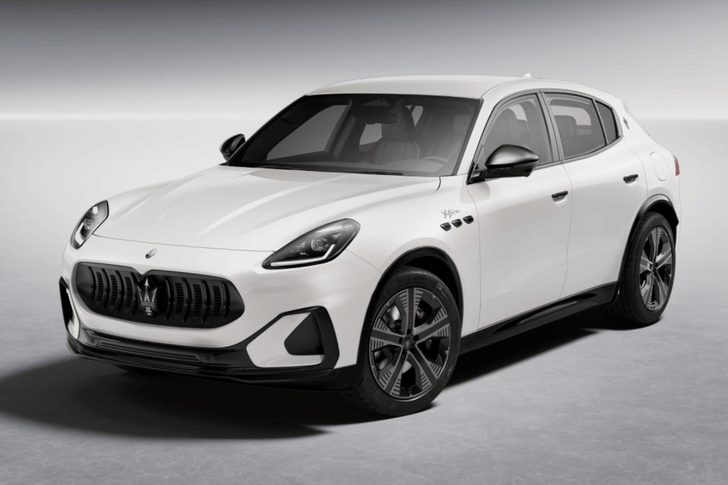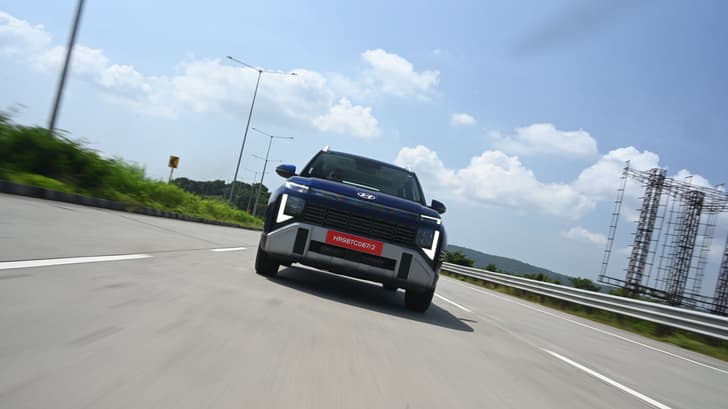Mahindra & Mahindra’s acquisition of the Korean Ssangyong brand paved the way for the Indian car manufacturer to further strengthen its position in the SUV segment. And while last year’s launch of the well-received XUV500 marked Mahindra’s first premium SUV offering, M&M has now introduced the Ssangyong Rexton premium SUV to take things up a notch. The Rexton, in a nutshell, is a big, body-on-frame SUV that will compete with the likes of the Toyota Fortuner, Mitsubishi Pajero Sport and Ford Endeavour.
For an SUV that is both longer and wider than the already large Toyota Fortuner, the Rexton lacks the road presence that even the marginally smaller Pajero Sport has in spades. That’s down to the facelifted Rexton’s sloping bonnet, gently peeled-back headlamps and curvy grille, which lend the front a certain softness.
Despite that, however, the car manages to look a whole lot better than the model it replaces and the overall styling, especially at the front, is quite contemporary. That chrome-rich grille gives the front plenty of flash, the headlamps with their projector pods are smartly detailed, and those heavily flared wheel arches give the design much needed muscle. Further back, the wraparound rear windscreen looks quite neat and injects much flair to the tail section.
Open the Rexton’s doors and you will find that the cabin looks plush, everything appears solidly put together, and the leather seats with their soft cushioning and smart stitching are really inviting too. Panel fit is excellent and the soft-touch plastics on the dashboard-top feel like they’re from an expensive German saloon.
The Rexton also comes loaded with features like a touchscreen interface for the audio system, DVD player, Bluetooth telephony, satellite navigation, sunroof, climate control, rear parking sensors, automatic headlamps, rain-sensing wipers, cruise control and steering-mounted audio controls.
However, it’s when we move to the back that the Rexton’s cabin loses some points. For starters, the slightly low-set seats and high floor compromise the seating posture to some extent, though it’s still better than an Endeavour. The cabin also isn’t as roomy as the large exteriors lead you to believe.
As for the last row of seats, the less said the better. You sit virtually on the floor with your knees pointing towards your chin, and with no headrests for these seats, your neck is left unsupported too. If there’s some consolation, it’s that the rearmost section gets a pair of air-con vents with their own blower speed control.
The Rexton comes with a 2.7-litre, in-line five-cylinder DOHC turbo-diesel motor, with the option of five-speed manual and five-speed auto transmissions. Curiously, the engine is tuned differently for the two gearboxes, so as a manual it produces 162bhp and 34.7kgm of power and torque, respectively, while in the automatic it produces a far more substantial 184bhp and 41kgm. The automatic variant also comes with permanent all-wheel drive, and this allows the Rexton to get off to a clean start and post a quick 0-100kph time of 10.92 seconds.
However, the engine makes quite a racket, one that gets progressively louder as the revs rise. The nine-blade radiator fan is responsible for most of this. Then there’s the slow-witted automatic gearbox that takes much away from the driving experience. You can change gears manually via buttons on the steering wheel, or alternatively, a switch on the gear lever.
While the Rexton Auto’s 11.18kpl ARAI-tested figure makes it quite the diesel-guzzler, its power delivery is nice and linear, and for relaxed driving in the city or on the highway, the engine should cope well enough.
Weighing in at around two tonnes the Rexton is just as heavy as its body-on-frame contemporaries. Its suspension, which is a combination of double wishbones in the front and coil springs and a live axle at the rear, is also similar to what you’ll find on the Fortuner and Pajero Sport. Driving around Mahindra’s test track, we found the Rexton too softly sprung to derive any pleasure out of driving it with enthusiasm. However, the high-profile 235/75 R16 tyres do absorb a lot of the road shock and, in that sense, work admirably to shield you from smaller surface blemishes.
Mahindra’s new flagship, then, is a bit of a mixed bag. On one hand, it’s smart looking, well-built, comes loaded with features and has a cabin that’s premium enough to give it a serious edge over its rivals. On the flipside, the noisy engine, slow auto gearbox, bumpy ride and mediocre handling all take away from its appeal. Tipping the scales back in its favour, however, is the fact that Mahindra has launched it at a killer price. At Rs 19.67 lakh (ex-showroom, Mumbai), the Rexton Auto is a few thousand more expensive than the Endeavour 4x2 Auto and a full Rs 2 lakh cheaper than the Fortuner Auto. The lesser-equipped manual Rexton is an even more appealing proposition, with a price of Rs 17.67 lakh, which makes it the most affordable SUV in this class, by far. At these prices, buyers are likely to gloss over the Rexton’s not-so-good aspects and think of it more as a value buy. Mahindra has successfully played on the VFM card before, so there’s no denying the Rexton’s potential to strike a chord with Indian buyers.


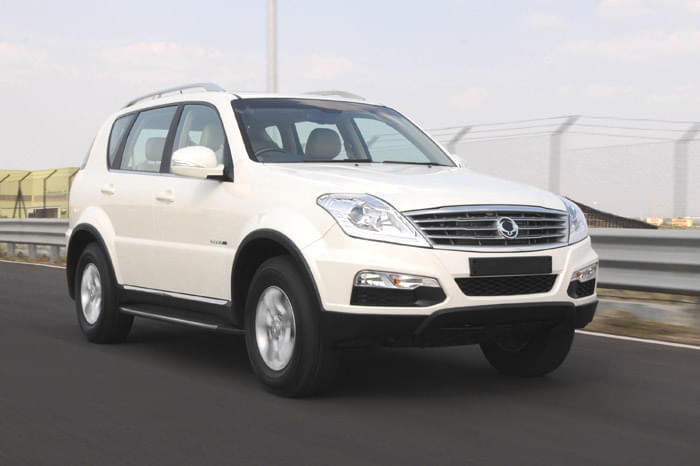



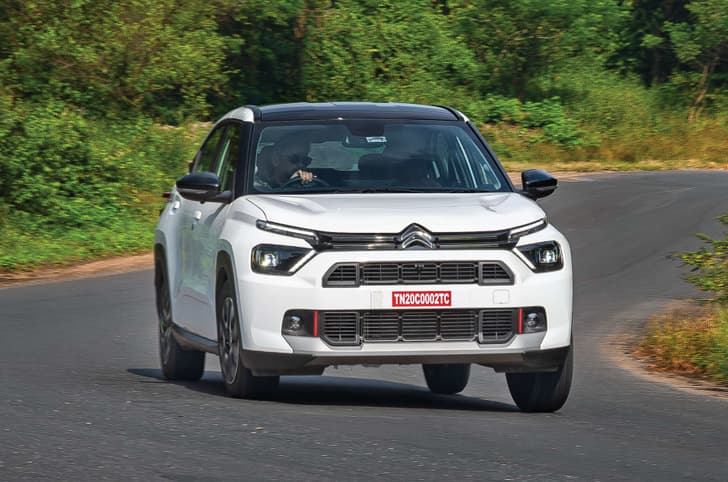

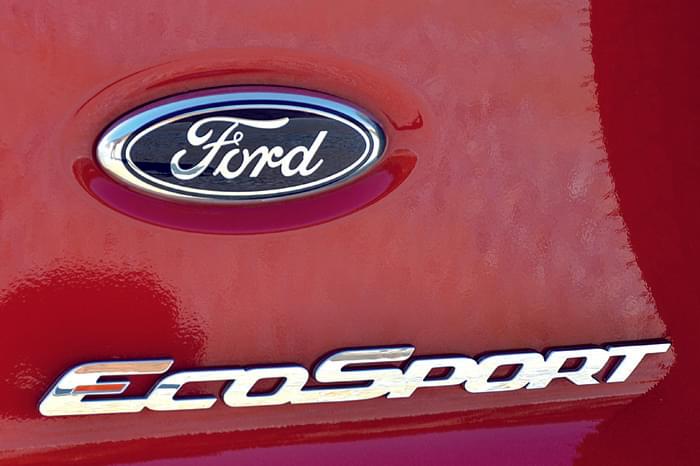











.jpg?w=728&q=75)
.jpg?w=728&q=75)
.jpg?w=728&q=75)




